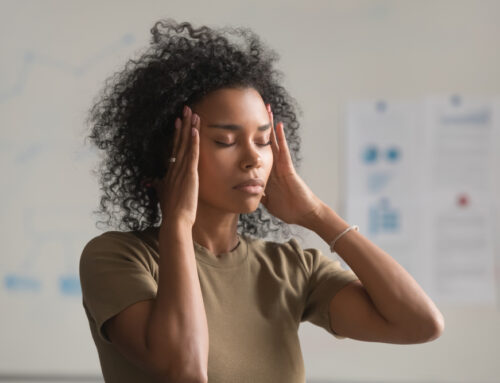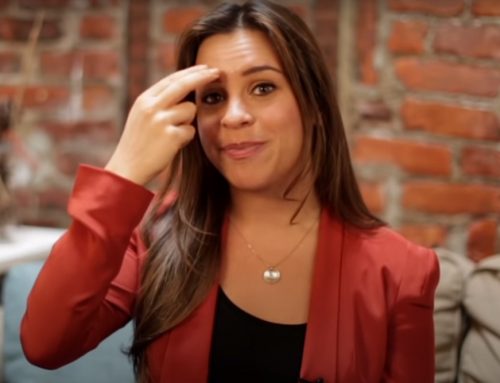Whether your pain is caused by an injury or by chronic inflammation in the body, these lifestyle tips can make a big difference in your pain management.
- Hydration
- Sleep
- Sunlight
- Nutrition
- Joy

Hydration
Water is a vital component of the brain, central nervous system, spine, joint capsules…. and every cell in the body. Dehydration impairs cellular communication including pain signaling. It also enhances mechanical pain in the joints and spine where it provides stability and optimizes strength/movement. Proper hydration also reduces inflammation as it facilitates the flushing of toxins from the body.
- Tip #1: As humans, we hydrate at a rate of 1L per hour. If you are thirsty you have already lost at least 1% of your body’s water. Hydration involves water, sodium, potassium, magnesium and other minerals. If we drink too much water we overhydrated which actually aggravates dehydration. Consider whole food electrolyte sources such as miso soup, chicken broth or fresh vegetable juice. Alternatively you can use greens powders or electrolyte powders. Avoid regular diuretics such as coffee, tea and alcohol.
Sleep
Pain can disrupt sleep and sleep deprivation will enhance pain. People who cannot fall into slow wave or REM sleep have increased pain. As well, sleep deprivation appears to act on brain circuitry similar to hyperalgesic pain medications rendering them less effective. Optimizing sleep is key!
- Tip #2: Trouble sleeping? Get into a regular sleep schedule. Try as best as you are able to be in bed between 10pm and 11pm. Ensure your bedroom is dark, quiet and comfortable. Avoid television of electronic devices 2 hours before bed. Dim the lights in the evening as your bedtime approached. For more details view these articles:http://regannaturopathic.com/2013/03/take-the-light-out-of-your-night-8-tips-for-regulating-melatonin-and-your-sleep/ and http://regannaturopathic.com/2012/04/tips-to-curb-restless-sleep/
Sunlight
Aside from making us happy with warmth and light – the sun plays a vital role in Vitamin D metabolism. Vitamin D deficiency is related to musculoskeletal function and neuromuscular dysfunction.
- Tip #3: Vitamin D supplementation, a Light Box or winter vacation can help to alleviate pain.
Balanced Nutrition
Nutrition is about balance. Diets that restrict carbs, fats or even proteins will eventually lead to cravings, possible dehydration (high protein or sugar diets) and will deplete the body of nutrients needed for energy metabolism and pain reduction.
- Tip #4: There are many specific diets that can help to reduce pain. However, it is best to have a naturopathic consultation to design a plan specific to your needs. One such diet is the gluten free diet. The breakdown of gluten can lead to inflammation in the body which will cause or exacerbate pain – this is a great place to start!
Joy
Happiness and joy enhance our pleasure and suppress pain signals in the body. Explore your passions and find your joy!
- Tip #5: Treat your bliss deficiency! Sometimes our experience of joy can be blocked by feelings and experiences we hold onto in our bodies, particularly our throat and heart chakra. Practice gentle heart opening positions at least once per day for 20 minutes. Participate in activities you love. Introduce the practice of gratitude into your life where you reflect on three things in your day which you are grateful for (and that bring you happy feelings!). This will help to shift your mental focus and plant seeds for positivity and joy which will help to suppress pain.
“Symptoms generally considered to be an inevitable consequence of disease are often not symptoms of disease at all, but are of something quite different – of the want of fresh air, or of light, or of warmth, or of quiet, or of cleanliness, or of punctuality and care in the administration of diet, or of each and all of these.”
– Florence Nightingale, Notes on Nursing






